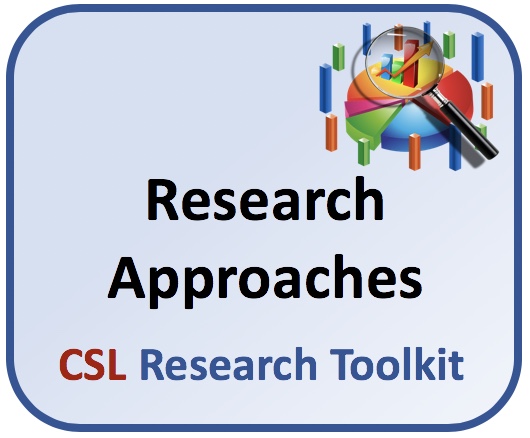
Understanding different research approaches as they vary in terms of purpose, size and methodology, and where practitioner action research fits.
Here we look at the existing body of research into school library practice in order to understand where our own research might add to professional knowledge.
School Library Research
Serious research into the relationship between school libraries and student success began in the mid 1990s and 2000s. In the subsequent years, models for research have moved from the early large-scale correlational studies to empirical studies into specific practices. With the emergence of evidence-based practice in education, teacher action research into specific practices has become increasingly important.
Large-Scale Correlational Studies
Several large-scale studies conducted in the United States and internationally have indicated a correlation between school libraries and student achievement.
These studies provide the foundation of current knowledge about the efficacy of school library practice, and we have come to rely on them when advocating for programs.
The Library Research Service in the United States provides this infographic, summarizing important research studies into school library practice.
Empirical Research
These large-scale studies are examples of empirical research. Empirical research is defined not by size but by methodology. Empirical research:
- Is based on observed and measured phenomena;
- Derives knowledge from actual experience rather than from theory or belief;
- Follows solid and valid methodology, providing a means to test theories and beliefs with real evidence;
- May vary in scope and scale and therefore in how broadly the results can be generalized.
Transparency of the research design and the rigour of selected processes for gathering and analyzing data are paramount to the success of empirical research. The data collected should support unambiguous conclusions.
Two large-scale empirical studies conducted in Ontario demonstrate the shift from finding correlations to looking into the effects of specific practices.
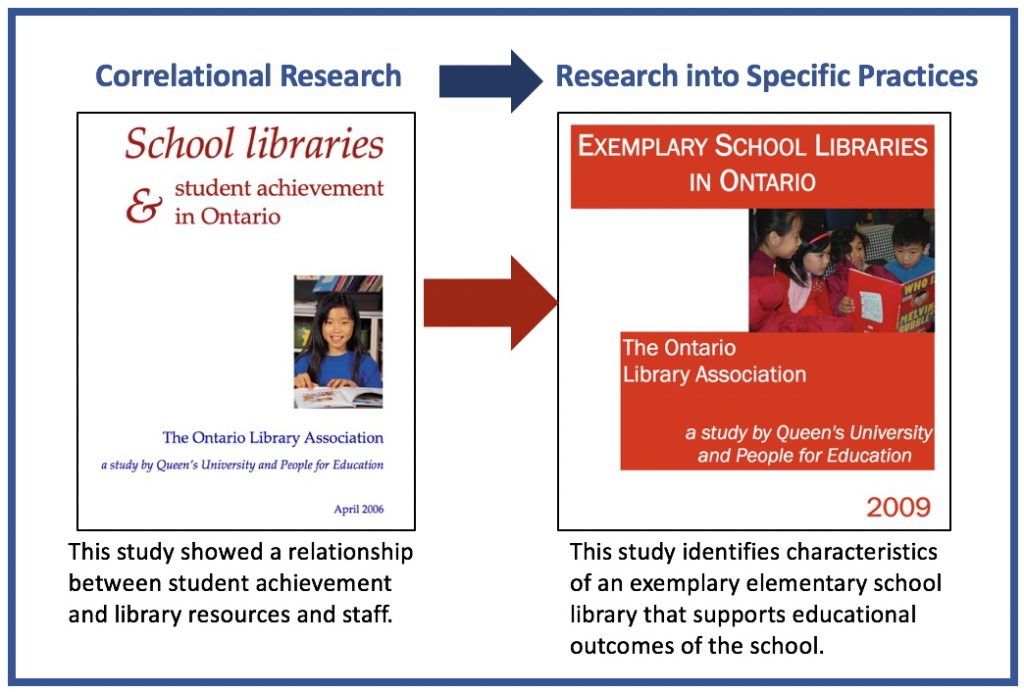
The CSL Research Archive provides a summary of research into school library practice, and includes links to these two studies.
Evidence-Based Practice
Evidence-based practice (EBP) focuses on what works – what specific practices have an impact on student learning. Researchers seek out the best available evidence of effective practice that has an impact on student learning. From an evidence-based practice point of view, the importance of local action research by practitioners becomes increasingly important. Dr. Ross Todd of Rutgers University has been a vocal proponent of EBP in school library practice.
For school librarians, the big question regarding EBP is, “Why do school libraries matter today, particularly in the context of an educational world that increasingly relies on diverse, complex and often conflicting sources of information?” The answer lies in student outcomes – specifically, what school librarians can do in their instructional practices to ensure those outcomes.
Evidence-based practice recognizes multiple sources, types of evidence, and ways of gathering evidence. The use of multiple sources facilitates triangulation – an approach to data analysis that synthesizes data from multiple sources. By using and comparing data from a number of sources, you can develop stronger claims about your practice’s impact and outcomes.
Todd, R. (2008). Evidence-based manifesto: If school librarians can’t prove they make a difference, they may cease to exist. School Library Journal 54(4).
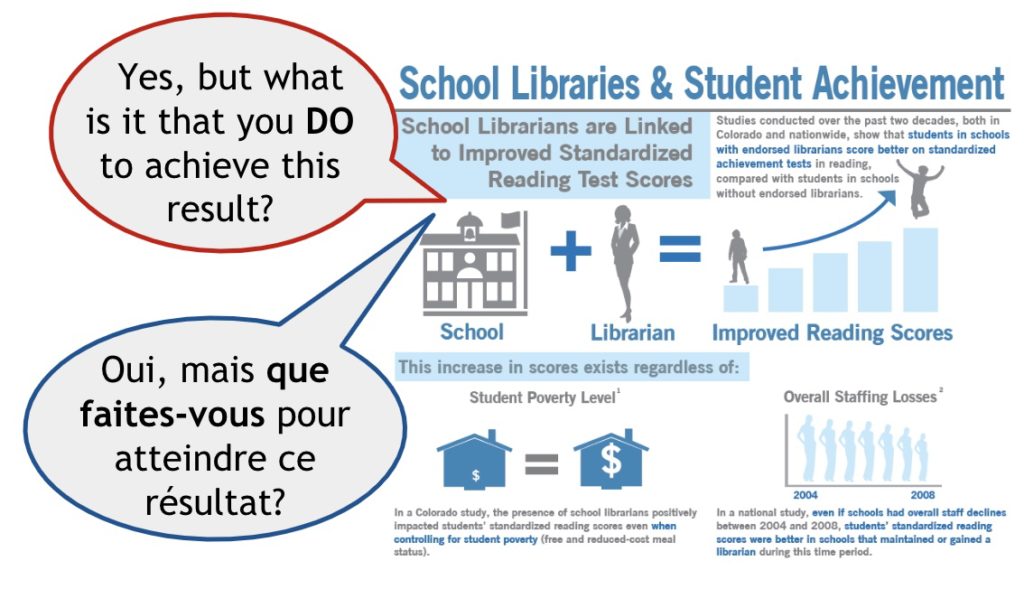
Action Research
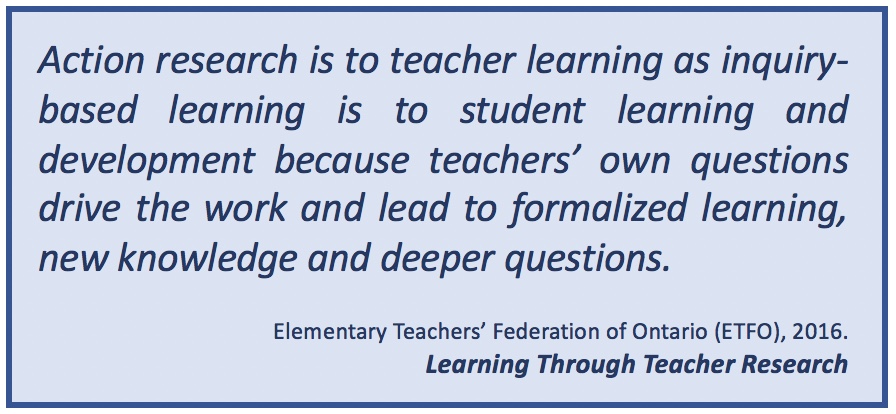
In education, action research refers to a range of research methods to address questions that teachers might have about specific practices and help them to develop practical solutions and strategies. Action research is based in practice and not separate from it. Action research is undertaken by practitioners such as teachers or librarians rather than external experts. Practitioners facing a problem in practice or trying to improve practice by exploring a new technique employ an action research approach to integrate learning and continuous improvement into their practice. The action research process, unlike other processes, may involve changes in practice as part of the research, as opposed to assessing the program as is.
School library researcher and strategist Judith Sykes offers a useful explanation of the power of action research. (Conducting Action Research to Evaluate Your School Library, 2013)
Action research is a process of defining a question related to one’s practice, then designing, executing, reflecting upon, and changing that practice as a result. It combines studying and reviewing literature, collecting and analyzing quantitative and qualitative data, and structuring action plans to create continuous cycles of informed professional renewal. Individuals (educators or students), schools, school districts, and even states or provinces can adopt the methodology of action research. As such, it lends itself to mobilization – indeed, action and transformation – in enabling schools and school libraries to support and advance the learning of each student. Developing skills and strategies for formulating questions, amassing data, structuring events, and analyzing results can lead to profound professional renewal and more responsive service to the students and learning communities one serves.
Action research can be carried out by one person or collaboratively with a group of associates. This collaborative approach to action research in education is sometimes described as teacher collaborative inquiry.
Teacher Collaborative Inquiry
Collaborative teacher inquiry is an extension of action research where a group of educators work together to solve problems and investigate potential strategies. This research model may be particularly useful in the context of the school library learning commons, where teacher collaboration is a foundation of effective practice.
The Ontario Ministry of Education (Collaborative Teacher Inquiry, 2010) identify seven characteristics of effective collaborative inquiry.
Collaborative teacher inquiry is:
- Relevant: Student learning drives inquiry.
- Collaborative: Teacher inquiry is a shared process.
- Reflective: Actions are informed by reflection.
- Iterative: Progressive understanding grows from cycles of inquiry.
- Reasoned: Analysis drives deeper learning.
- Adaptive: Inquiry shapes practice and practice shapes inquiry.
- Reciprocal: Theory and practice connect dynamically.

It is important to note that the findings of action research, be that individual or collaborative in its execution, apply only to the subject of that specific inquiry. Findings cannot be extrapolated as being applicable to other situations. However, sharing action research may provide insight to other educators, inspiring their own practice and further research.
Leading Learning as an Action Research Framework
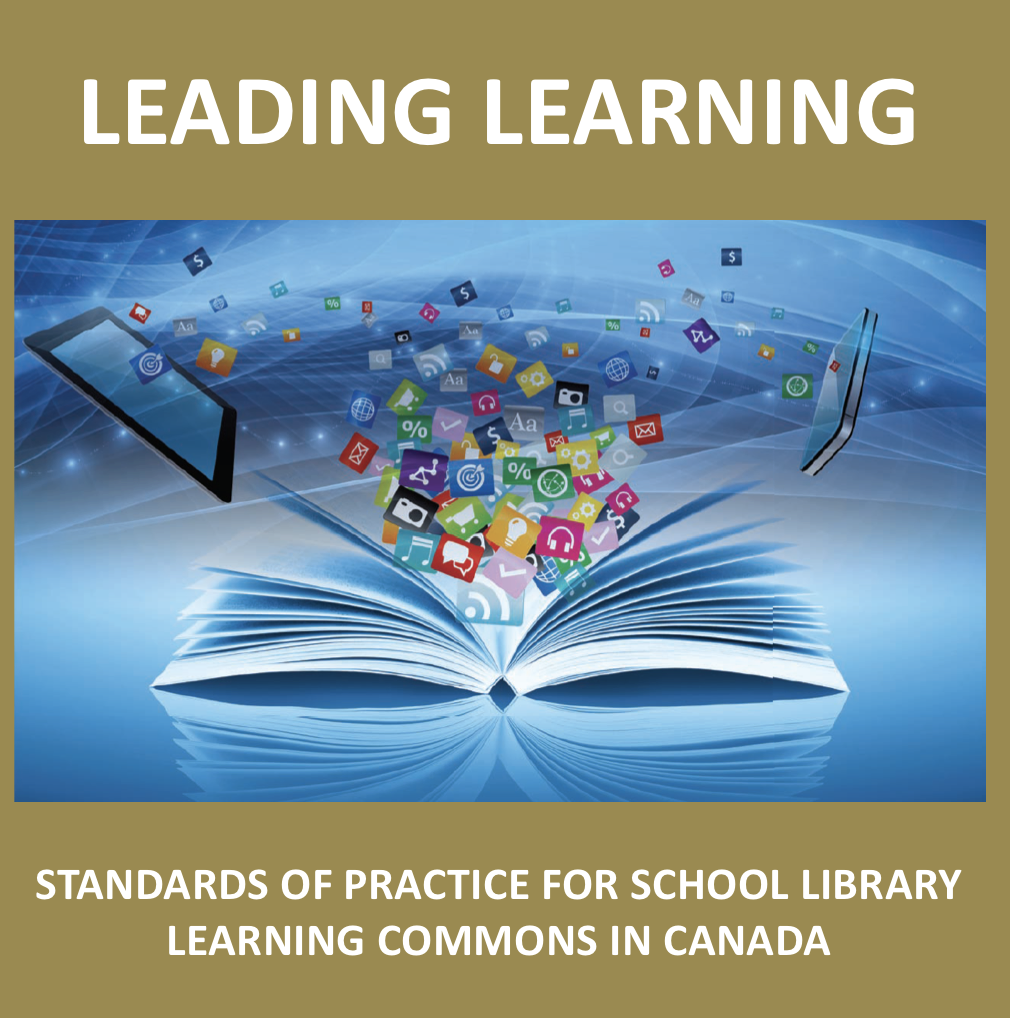
Implementation and sustainability of the learning commons model, like any pedagogical movement, depends on continuous gathering of evidence and research to support growth. Leading Learning provides rich opportunities for exploring instructional strategies through action research as schools use the standards to guide change. Principals, teacher-librarians, library support personnel and classroom teachers will approach the research from their own perspectives and all are needed to ensure desired results. Collaborative teacher inquiry is another approach and fits so well with the co-teaching and collaboration goals of the learning commons.
Researchers can target specific indicators from the standards to focus their research. What’s working well? What needs to change? What would you like to experiment with? What are you doing now that you can stop? How will you know you are making progress? These and many more questions will guide each inquiry in order to improve pedagogy and practice in the school library learning commons.
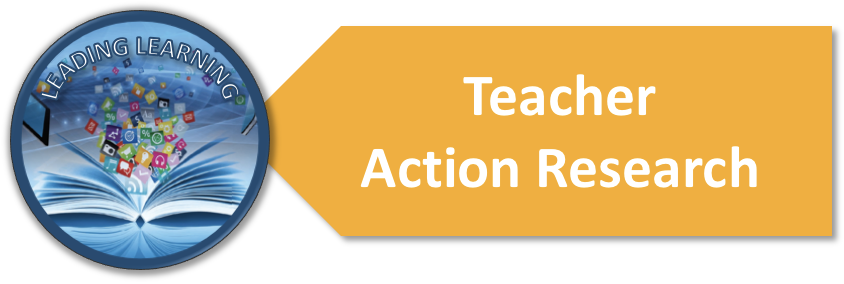
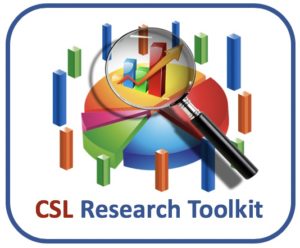 | 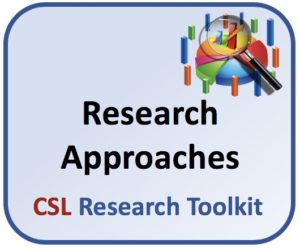 | 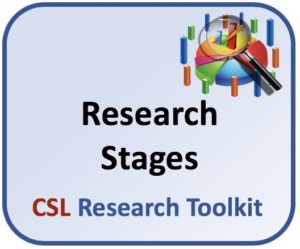 | 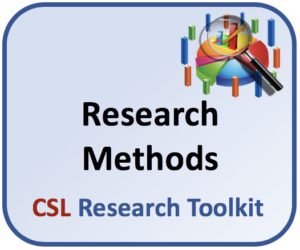 | 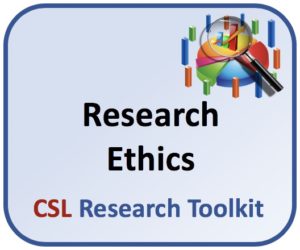 |
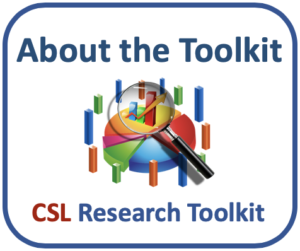 | 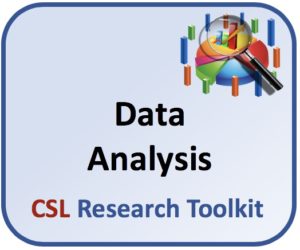 | 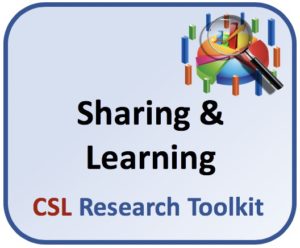 | 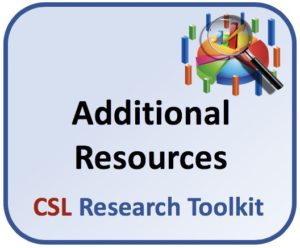 | 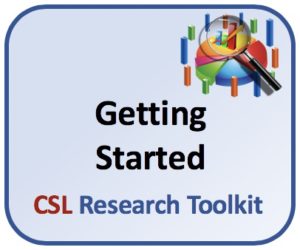 |
